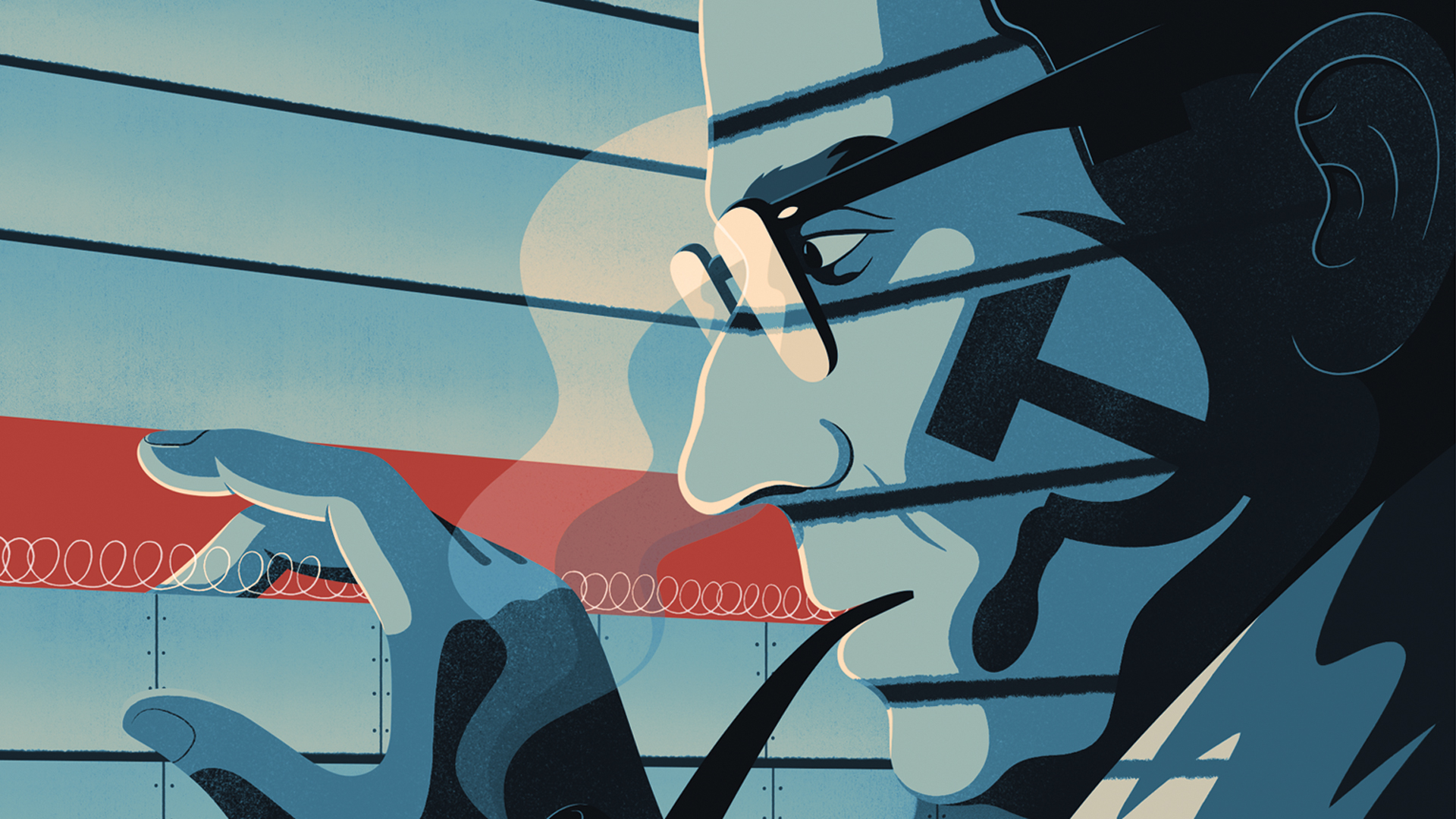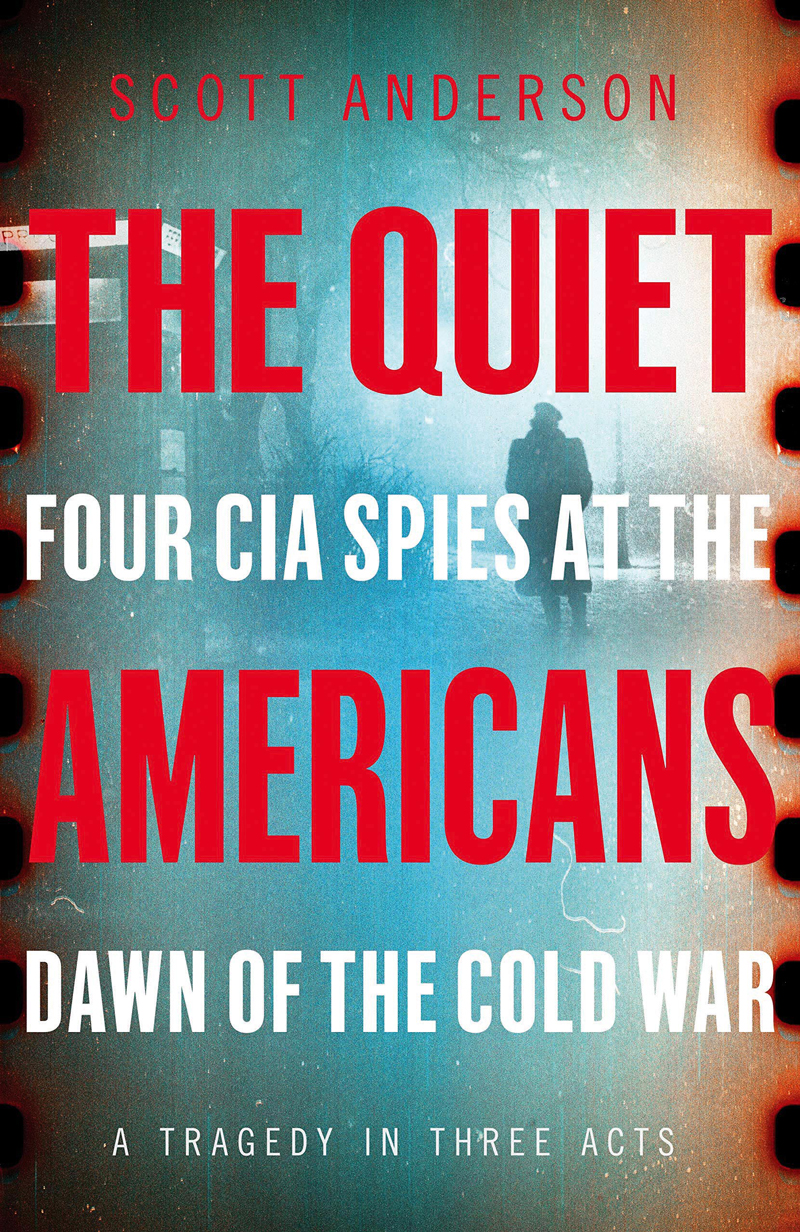I first met Peter Sichel in the late spring of 2016. When I told him of the book I was writing, and that I very much wished to interview him for it, he said he would soon be leaving New York City for his summer home, but perhaps we could get together in September. I asked if there was any chance we might meet sooner.
“Why?” Sichel gave me a piercing gaze over the top of his glasses. “Are you afraid I’m going to die on you?”
My first impulse was to assure him that this was the furthest thought from my mind, but something told me this wasn’t the way to play the 94-year-old former spymaster. When I replied, “Well, yes,” Sichel chuckled. The following week we got together for the first of what would prove to be eight long interviews. It also marked the beginning of an enduring friendship.
Some time earlier, I had begun work on a book detailing the history of the early Cold War, that period between the end of the Second World War and the mid-1950s when so much of the tense stalemate that would endure between East and West for four decades was set in motion. This was a conflict waged in the shadows, of course, a spy-versus-spy contest, so I decided to tell the story through the eyes and experiences of a handful of early CIA officers.
My main criteria in choosing who to focus on was that they had operated on the “front lines” of the Cold War, that they had matched wits with their Soviet counterparts in the field rather than from behind desks. I eventually found a small group of operatives who fitted this bill – three, to be exact – and while their stories were utterly fascinating, I felt something was missing, a certain essential snap to the narrative. This was perhaps to be expected, considering all three were long since deceased, their stories over a half-century old. But then I heard about Peter Sichel.
In his mid-nineties, Sichel was quite literally the only surviving member of the CIA’s crucial first years, that time when the Cold War ran the hottest, when agents routinely vanished off the streets of Berlin, and when commandos were airdropped behind the Iron Curtain on secret missions with codenames like Operation Valuable Fiend. What’s more, Sichel hadn’t been some bit-player in this contest, but one of its most important protagonists. An escapee from Nazi Germany, his experience running spies across no man’s land during the Second World War for the American army led to his being chosen as the first CIA station chief in postwar Berlin, ground zero of the unfolding Cold War. Over the next seven years, Sichel oversaw the cloak-and-dagger duel with the Soviets in “kidnap city”, one in which the Americans usually came out on the losing side. On one occasion, he watched helplessly as a vast network of his agents and informants vanished in a single day, “rolled up” by a KGB that had thoroughly infiltrated the spy chain weeks earlier. The infiltration missions into the Soviet bloc fared little better; of the hundreds of operatives sent across the line, few were ever heard of again.










